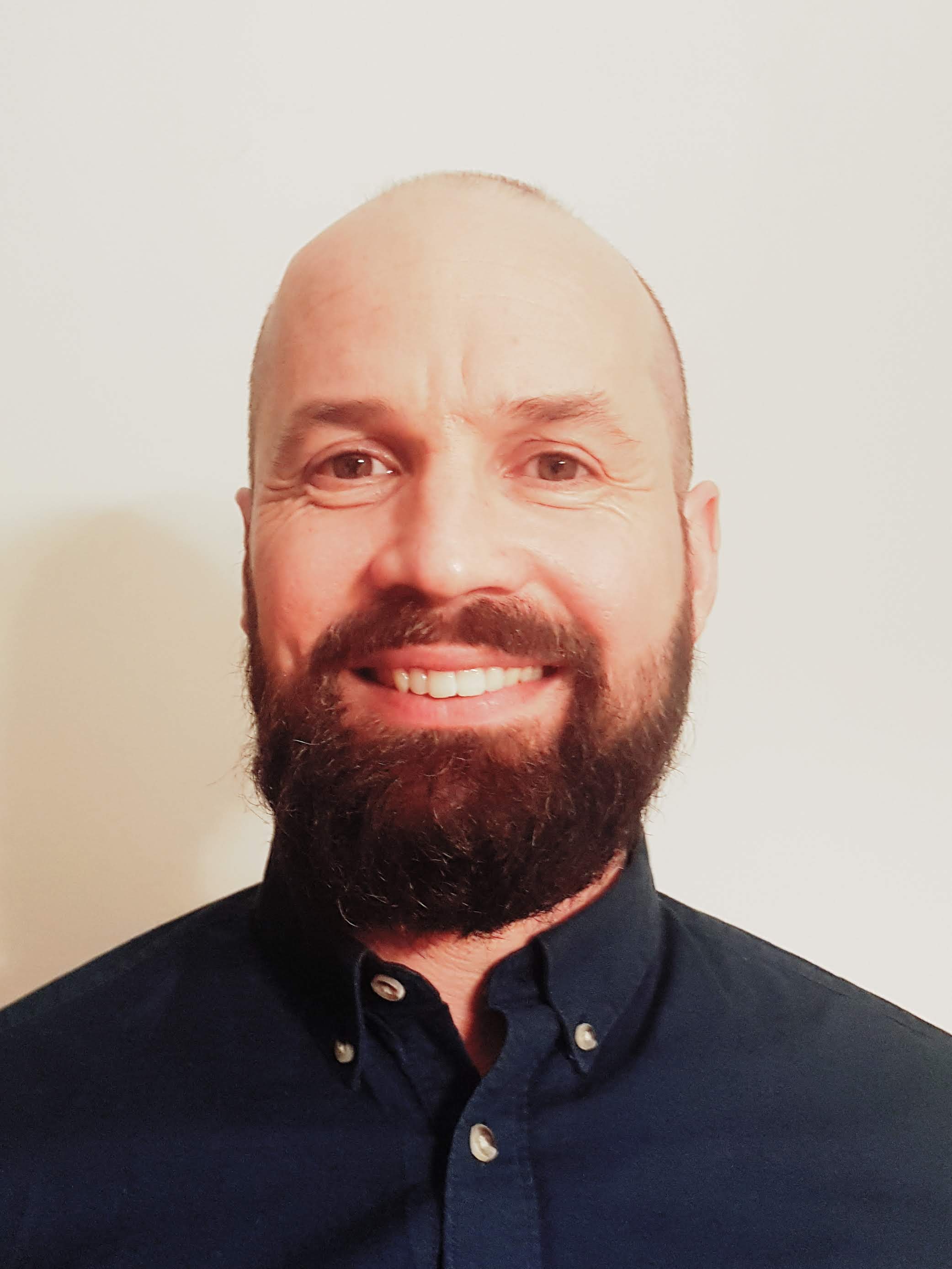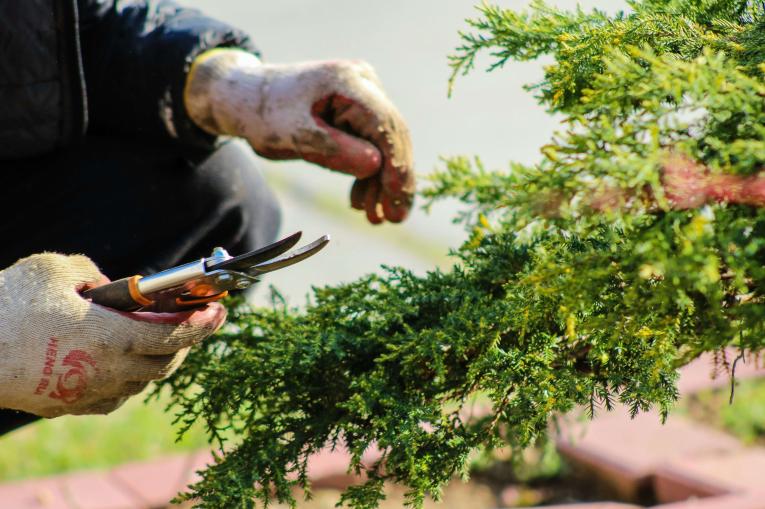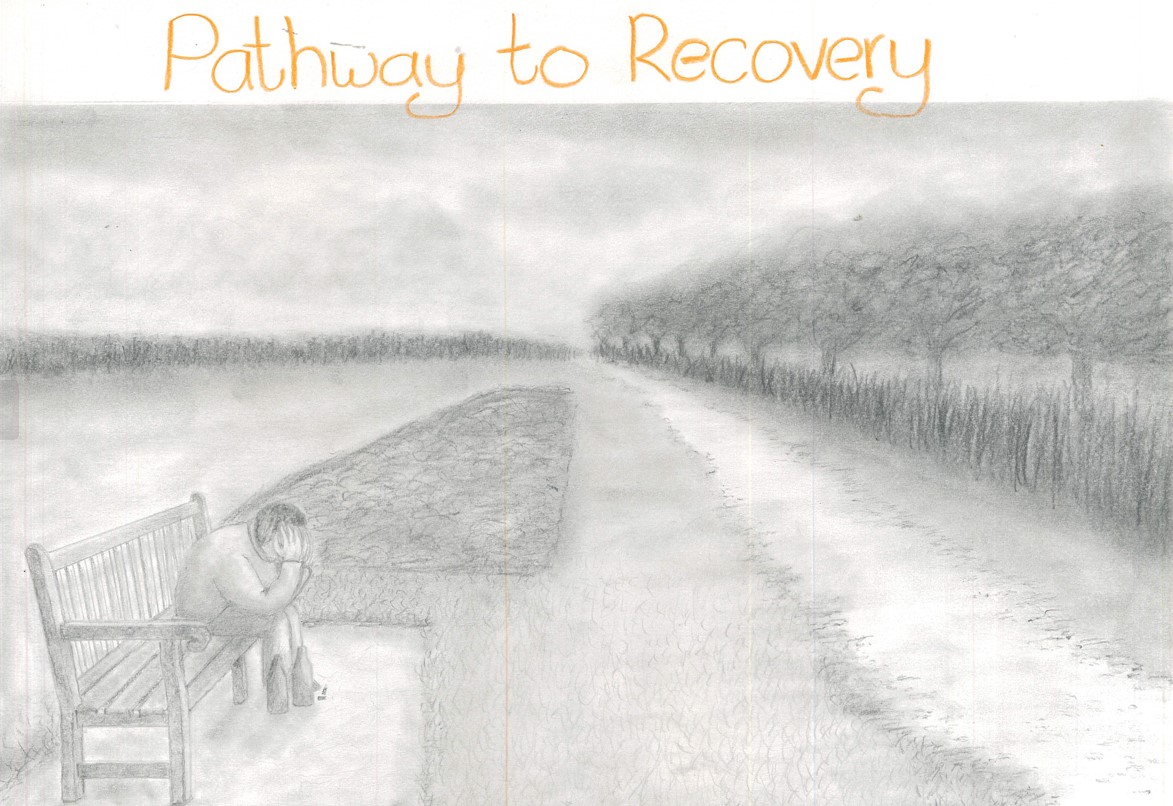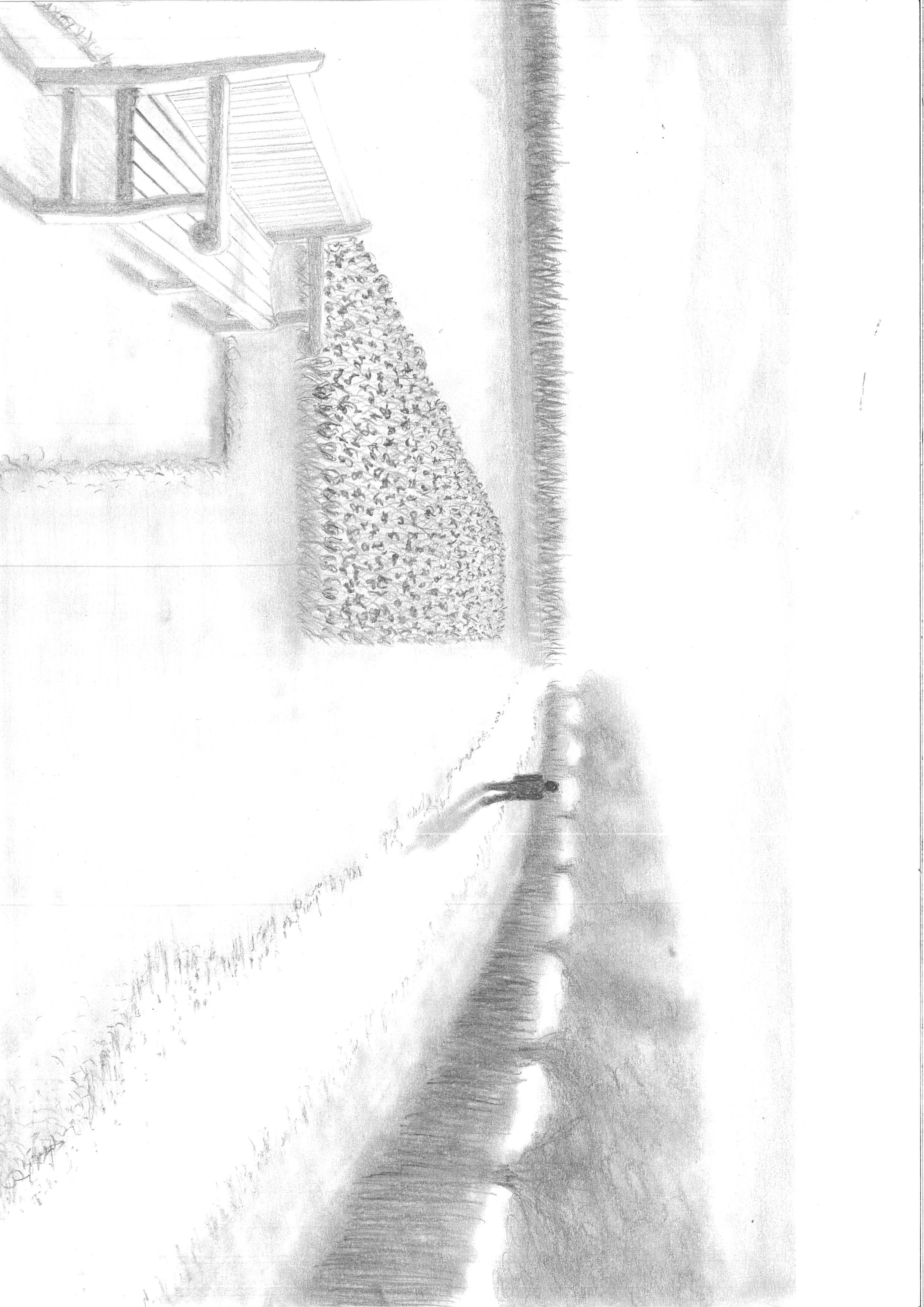Across the South West Prisons recovery service, our teams have demonstrated a huge amount of flexibility and resilience in the way they have responded to the recent early release scheme.
Staff have not only supported people around the inevitable anxiety of an unexpected release but have also gone above and beyond to rearrange community appointments and to advocate with other services to make release preparations at pace.
Despite the recent challenges, we are still progressing with some really innovative workstreams to develop the service offer and enable people to achieve their recovery goals.
A few examples to highlight:
Neurodiversity redesign work: This is now in its final stages and is making services more accessible and responsive to individual needs.
Family service: The offer for family support continues to be strengthened as we recognise the often crucial part families play in recovery.
Having recently celebrated Volunteers Week, it is great to see new volunteers as well as peer mentors being trained up and equipped to join our teams.
Build on Belief: We now offer an online recovery network for people who have just left prison. This lived experience service offers a broad range of activities and groups that people can join to make connections and get support.
We could not achieve any of this without the help of our many wonderful partners both within the prisons and in the community. Thank you for your support!
 Matt Wall
Matt Wall
Head of Services – Midlands and Southwest Prisons
Putting recovery before punishment
Our team in HMP Channings Wood have implemented a new process in partnership with the prison's Senior Management Team. Instead of punishing individuals, they are working to empower people in prison to work on their recovery journey.
The idea came about after a spike in the use of psychoactive substances within the establishment. It was evident that the punitive side of adjudications was not working and something needed to be changed. Drug Strategy Lead Lisa Richardson took the idea forward, reviewing prison policies, procedures and adjudication rules. This was reviewed by the Team Lead to ensure it fit with the ethos of the recovery service and still empowered the client to take ownership of their recovery plan.
If anyone was found to be under the influence, then they would have the opportunity to work with us, instead of being punished. If they were positively engaging with the team, whether this was through one-to-ones, group work or creative interventions for a minimum of four weeks, then any form of punishment (such as reducing their time allowed in the gym) would be eradicated.
Results show that this is having a positive effect. Up to the end of May, the team received 36 referrals. 35 of these have continued to engage beyond the four weeks.
This new process has had an additional benefit of further strengthening working relationships by displaying unity and allowing others to be open to change and to make a lasting difference.
Lisa Richardson, Drug Strategy Lead, HMP Channings Wood

Get to know our staff: Lorraine, a Recovery Coordinator, has been at HMP Guys Marsh for eight and a half years.
What is the most rewarding part of your role?
The most rewarding part of the role is seeing people take the small steps, make the little changes for their future, build confidence and start to believe in themselves. To make the changes they never thought they would and to feel comfortable asking for support.
What would you say to someone wanting to access support, or feeling anxious about starting their recovery?
This is about you and what you would like for your future. Recovery will go at your pace and when you are ready. There are many different avenues of support and recovery to explore, to find what suits you the best. There is no right or wrong way; the unknown can be scary - but also exciting.
What kind of support is on offer?
There is a great amount of support on offer, and what I love most about my role is how I can incorporate a holistic approach into truly making a difference. For example, I have a passion for gardening, and for Mental Health Awareness Month we focused some of our work on the recovery wing garden, which is part of an ongoing project. Not only does this provide a learning opportunity, but we find that being surrounded by nature can - and does - have a real calming effect.
How do you tailor your approach to each individual person?
Everyone has different needs and recovery is not a ‘one size fits all’. Each person has their own story which will need to be met with a different approach.
What have you learned most through doing this role?
The above, the listening, less ‘fixing’, more supporting.
One of our clients at HMP The Verne has produced some incredible artwork and kindly gave us permission to share these, articulating on paper his pathway to recovery.


